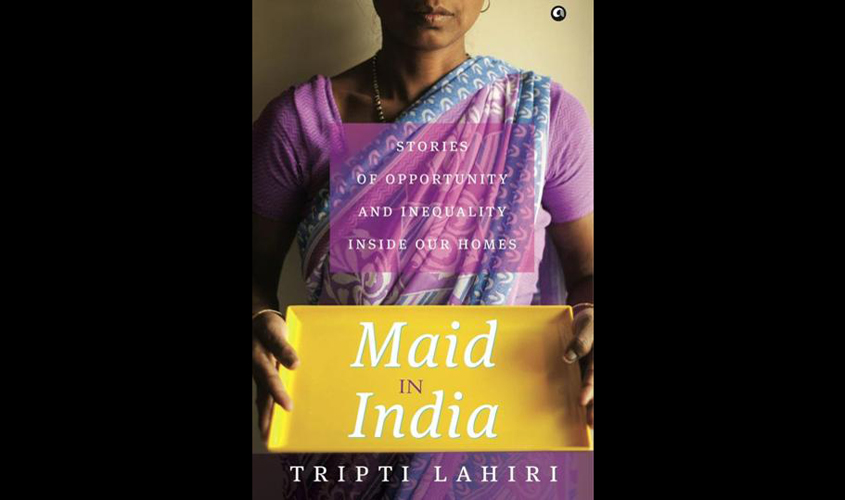Author and translator Arshia Sattar, and poet and novelist Jeet Thayil, chose this year’s Shakti Bhatt First Book Prize 2017 shortlist from 47 titles submitted for consideration.
Judges Kamila Shamsie, Rohini Mohan and Margaret Mascarenhas will announce the winner in November.
Arshia Sattar said the following in a statement: “The Shakti Bhatt First Book Prize is ten years old this year and even a quick glance at previous winners will show that the Prize has celebrated writing across genre, gender, age and nation. Our oldest winner so far was in his 70s, and the Prize has been awarded to Pakistanis, to writers of both fiction and non-fiction, to men and to women. It has been a pleasure to acknowledge the wealth and diversity of South Asian writing in this last decade and a privilege to spotlight new writing.
“This year’s shortlist of books and writers continues our commitment to finely-crafted writing and sophisticated thinking.

“Prayaag Akbar’s Leila is the heart-breaking story of a lost child and a shattered society. Entirely dystopic, it haunts not simply because it presents us with a terrifying future but because that portrait of unfreedom, inequality and brutality seems to already be part of our lived reality.
“Sumana Roy’s How I Became a Tree is an exquisite meditation on a personal decision to step away from a life that seemed to have everything but time. Roy shares what she has learned about and from trees through gentle essays that explore the natural world and reflect upon the human condition in the Anthropocene Age.
“Writing from the point of view of a young boy whose voice has not broken but whose heart has, Hirsh Sawhney’s South Haven tells the poignant story of an immigrant family, its men unable to cope with the death of their mother and wife. Father and sons drift away from each other as they seek solace in new people, new ideas and new activities. But things fall apart and the centre cannot hold. Sawhney relies on the pathos of his characters to reach the persistent melancholia that so often succeeds the sharp grief of bereavement.
“Together, this year’s books remind us that in an increasingly brutal and fragmented world, families, communities and societies no longer provide safety nets, that individuals often feel stranded on the brink of an abyss. And yet, it is through literature that we can search for each other, it is in writing that we can create meaning as a bulwark against the tides of untruth that thunder on our shores.”

